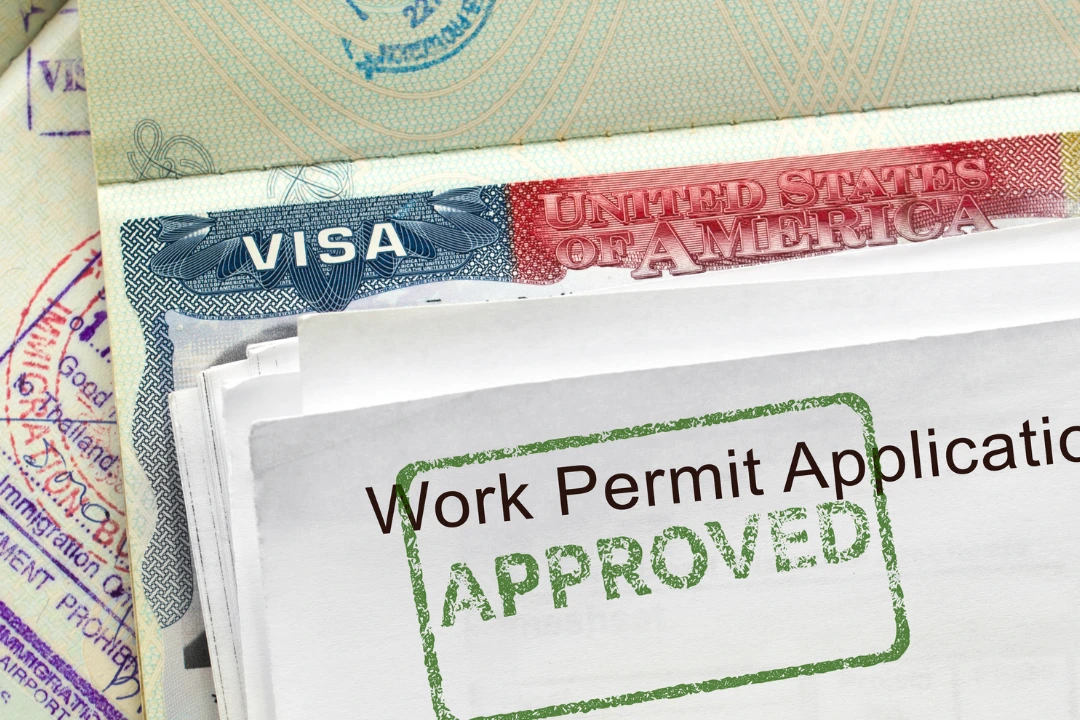On October 29, 2025, the U.S. Department of Homeland Security (DHS) announced an interim final rule ending automatic work permit extensions for most renewal applications filed on or after October 30, 2025. The change eliminates the automatic extension of Employment Authorization Documents (EADs), which many workers and employers rely on to maintain continuous employment authorization.
Previously, eligible workers who submitted timely renewal applications received an automatic extension of up to 540 days, helping prevent employment gaps caused by processing delays. Under the new rule, these work permit extensions are no longer available for most categories, creating new challenges for both employees and employers who depend on timely work authorization renewals to maintain workforce stability.
DHS stated that the policy change is intended to enhance screening and vetting procedures before extending work authorization. Certain limited exceptions remain, including extensions required by statute or those announced through Federal Register notices — such as Temporary Protected Status (TPS) designations.
How Work Permit Extensions Have Changed Over Time
Automatic work permit extensions were first introduced in 2016 to help address delays in processing EAD renewals, originally providing a 180-day extension.
In 2022, DHS temporarily increased that period to 540 days to relieve processing backlogs worsened by the COVID-19 pandemic and administrative constraints.
The 2025 interim rule now ends both the automatic extensions and the use of interim EADs that had previously allowed workers to remain employed while renewal applications were pending. As a result, individuals whose work authorization expires before their renewal is approved must wait until the new EAD is issued before resuming employment.
Renewal applications filed before October 30, 2025, will continue to qualify for the automatic extension under prior policy.
Implications for Employers and HR Professionals
This policy change may impact a broad range of workers across various industries. According to U.S. Citizenship and Immigration Services (USCIS) data, more than half of all work permit renewals take longer than 180 days to process. Without automatic extensions, some employees could face temporary lapses in work authorization, creating potential staffing and compliance challenges for employers.
HR professionals will need to strengthen their authorization tracking, ensure timely communication with affected employees, and coordinate closely with legal advisors to remain compliant with federal regulations.
HR Best Practices for Managing Work Permit Renewals
1. Audit and Forecast
Regularly review employee work authorization records to identify upcoming renewal dates and roles that could be affected by processing delays. Developing contingency plans can help reduce operational disruptions.
2. Communicate Early and Often
Encourage employees to submit renewal applications as early as possible — up to 180 days before expiration, as recommended by USCIS — to minimize the risk of lapses in authorization.
3. Consult Legal Counsel
Work with immigration attorneys or trusted legal partners to confirm eligibility categories, review filing timelines, and explore potential solutions for employees awaiting renewal decisions.
4. Engage in Policy Feedback
Employers can share feedback through the USCIS public comment process, helping policymakers understand how rule changes affect workforce continuity and compliance operations.
Preparing Your Workforce for the End of Automatic Work Permit Extensions
The end of automatic EAD extensions represents a significant procedural shift in immigration compliance. While intended to strengthen national vetting and screening efforts, it may also lead to short-term disruptions for businesses and workers alike.
By taking proactive steps, such as enhanced tracking, employee communication, and legal consultation, HR leaders can help their organizations stay compliant and support affected employees through this transition.
Preparing Your Workforce for the End of Automatic Work Permit Extensions
The removal of automatic extensions for work permit renewals represents a notable procedural shift in immigration policy. While intended to streamline processing, the change may also lead to temporary workforce challenges. By taking proactive steps—such as enhanced tracking, open communication, and legal consultation—HR leaders can help their organizations maintain compliance and support affected employees through this transition.
Stay Compliant and Confident with Inova
Policy changes like the end of automatic work permit extensions highlight how important it is to have the right technology and expert support in place.
Inova HCM gives you a single, unified platform to manage payroll, HR, time, and benefits — empowering your team to maintain compliance and streamline operations with confidence.
If your team needs more hands-on support, Inova HR Assist offers outsourced HR expertise tailored to your organization’s needs, from compliance guidance to employee relations and beyond.




